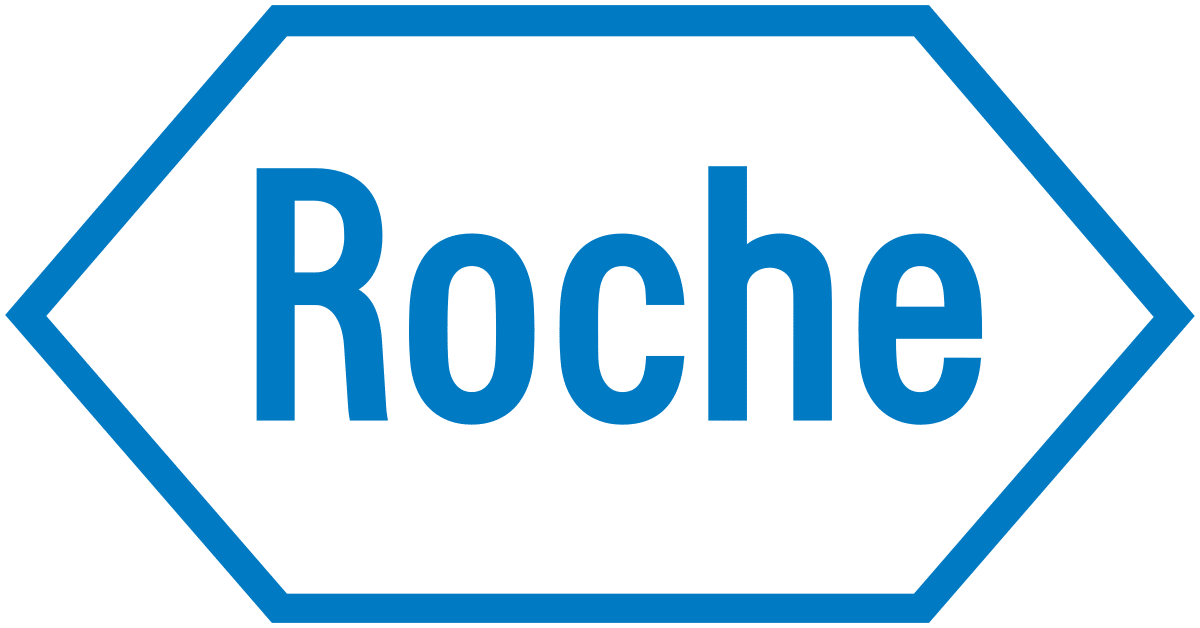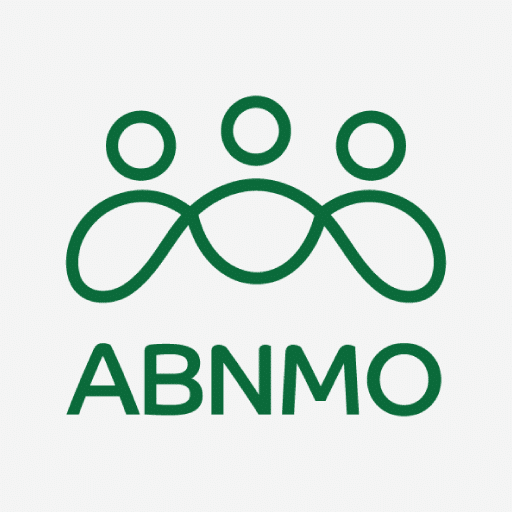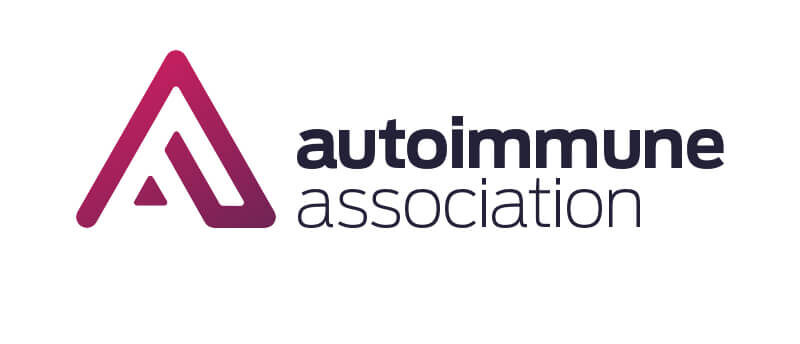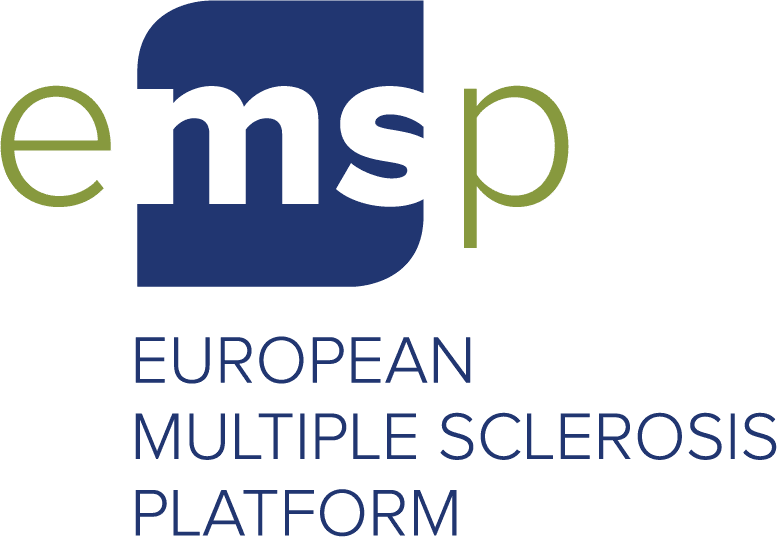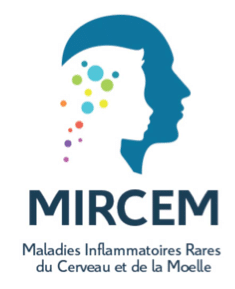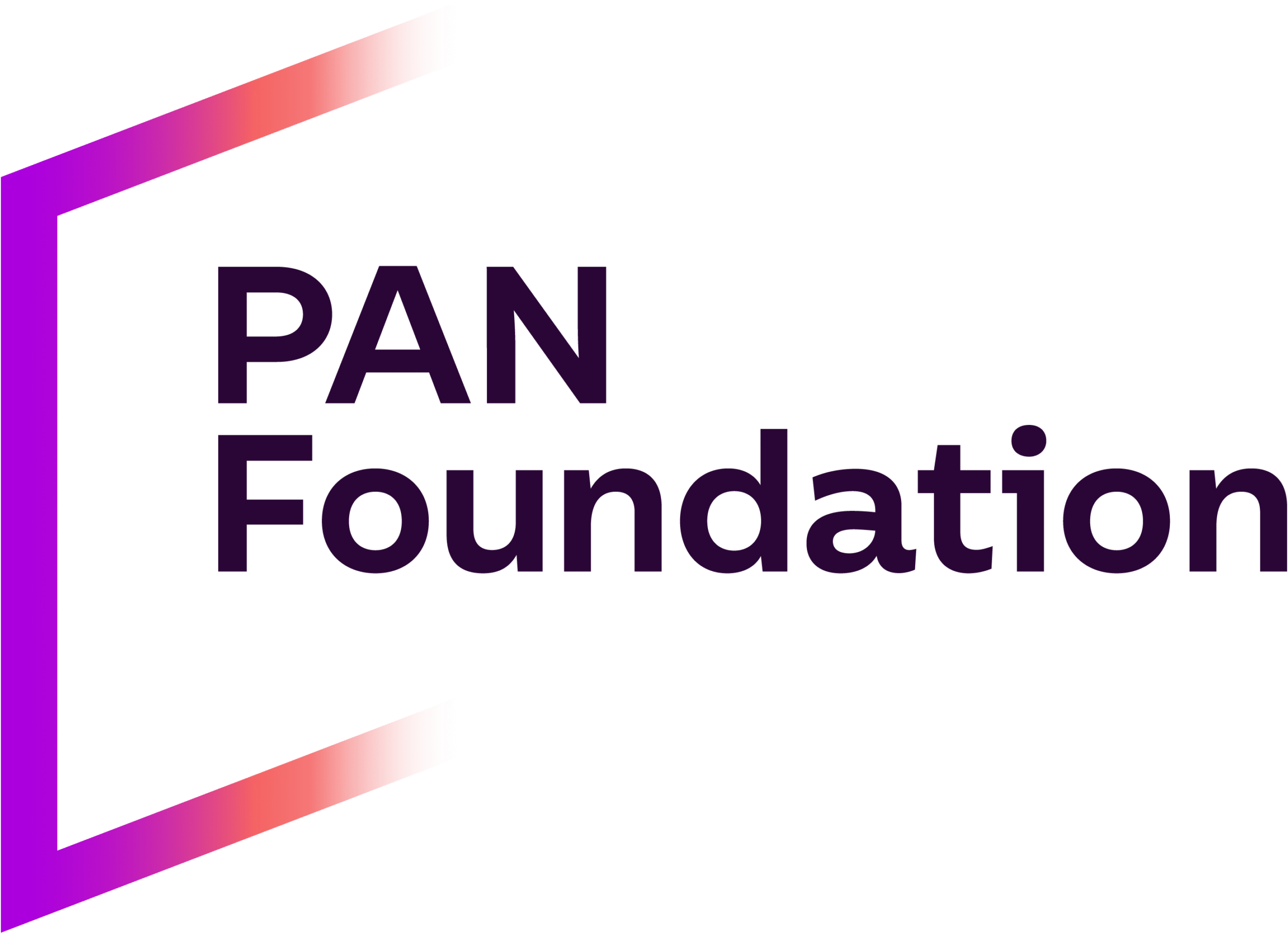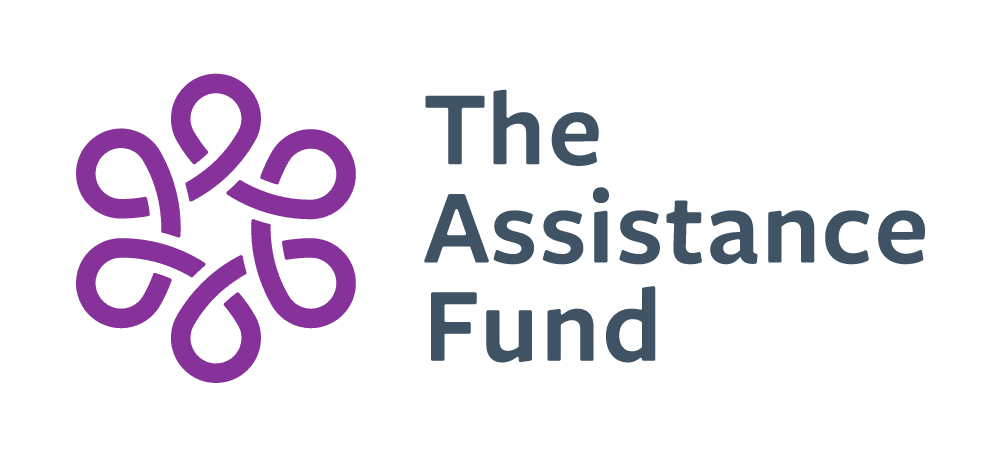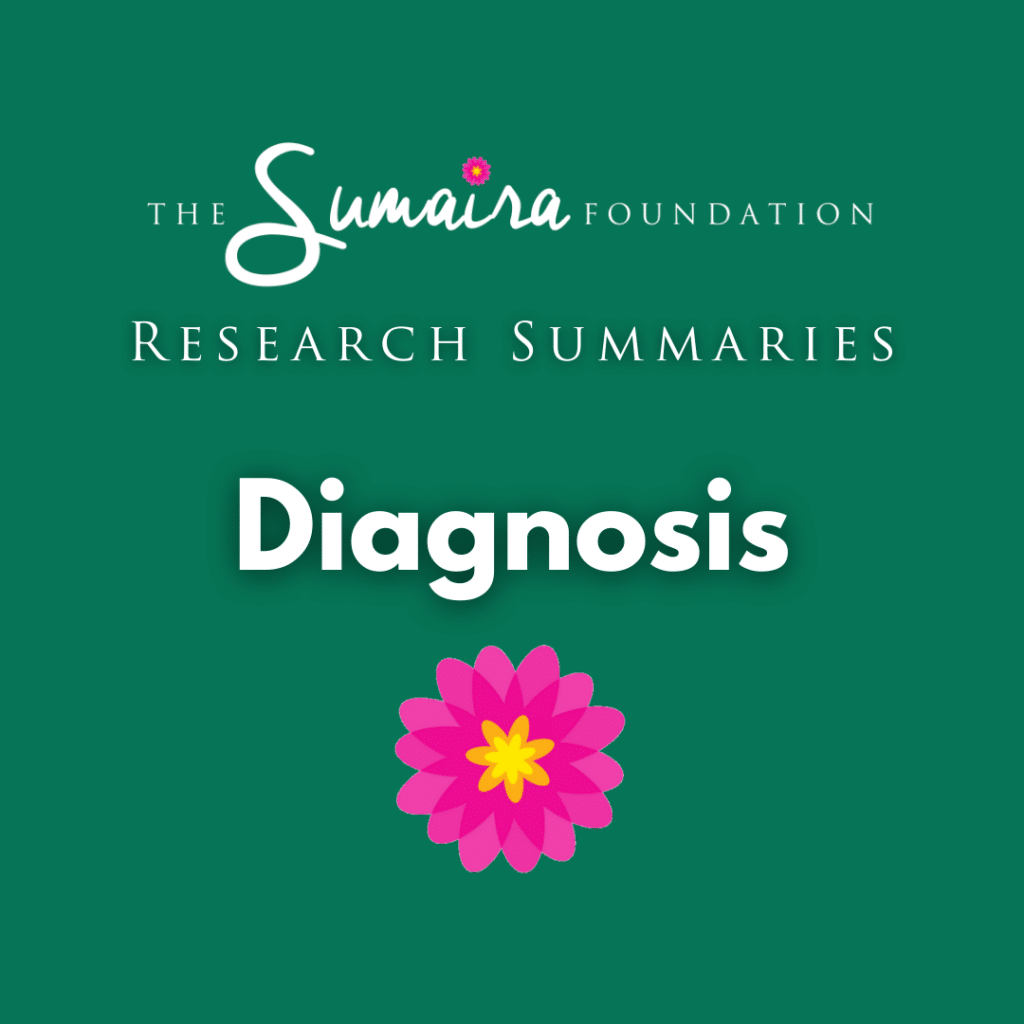
Myelin Oligodendrocyte Glycoprotein (MOG) Antibody Positive Patients in a Multi-Ethnic Canadian Cohort
Journal: Frontiers in Neurology; January 12, 2021
Author(s): Helen Cross, Farahna Sabiq, Nathalie Ackermans, Andrew Mattar, Shelly Au, Mark Woodhall, Bo Sun, Virginia Devonshire, Robert Carruthers, Ana Luiza Sayao, Virender Bhan, Alice Schabas, Jillian Chan, Marvin Fritzler, Patrick Waters, Anthony Traboulsee
A multi-ethnic Canadian group of patients testing positive for MOG antibodies
This study describes a multi-ethnic population of patients who tested positive for MOG antibodies at the University of British Columbia MS/NMO clinic. Patients who visited the clinic between 2005 and 2016, who were suspected to have NMOSD but did not test positive for anti-aquaporin4 antibodies, were retrospectively tested for MOG antibodies (retrospective group). The clinical data of all these patients and 20 MS patients as “controls” were reviewed retrospectively. Additional patients with MOG antibodies were identified through routine clinical interaction from 2016 through 2018 (prospective group). Two types of assays ̶ a live and a fixed cell-based was used to test for MOG antibodies. 21 of 146 patients in the retrospective cohort, 1 control, and 20 patients in the prospective cohort tested positive for MOG antibodies. The MOG antibody-positive patients in this multi-ethnic study showed similar characteristics to those discussed in previous studies, with some rarer features such as seizures. Many of these MOG-antibody positive patients relapsed and were left with significant disability. Positive anti-MOG antibodies can rule out MS in patients with an atypical clinical MS disease course.
Free Access: Full text








